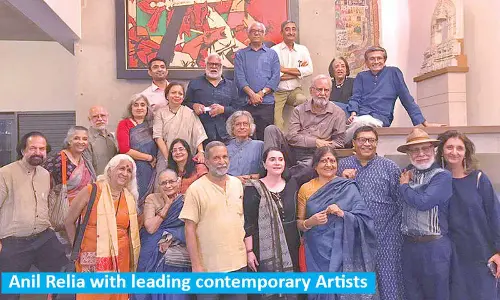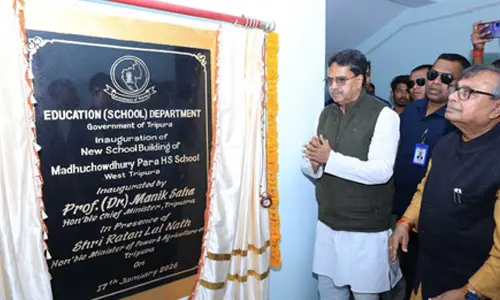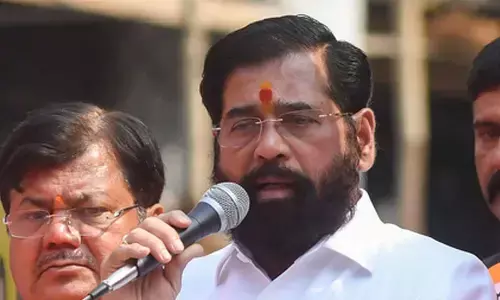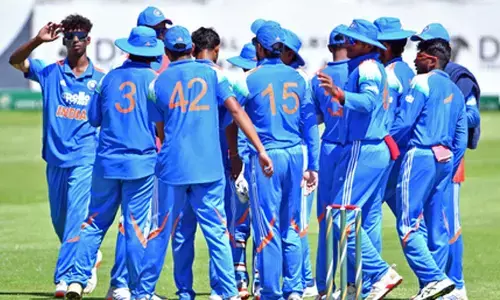Need to discern dissent from insurgency
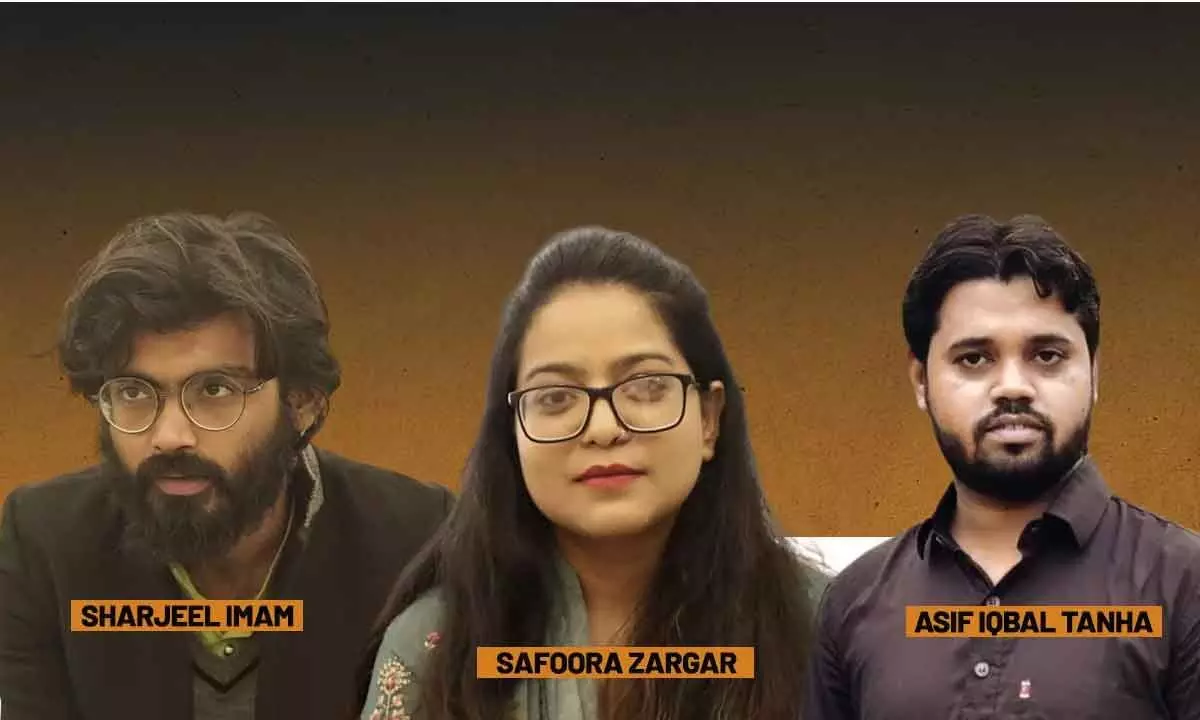
A Delhi court acquitted student activists Sharjeel Imam, Safoora Zargar, Asif Iqbal Tanha, and eight others in the December 2019 Jamia Millia Islamia University violence case
A Delhi court acquitted student activists Sharjeel Imam, Safoora Zargar, Asif Iqbal Tanha, and eight others in the December 2019 Jamia Millia Islamia University violence case. Delhi Saket Additional Sessions Judge Arul Verma acquitted them, saying that the Delhi Police had victimised them and that there was no prima facie evidence that they were involved either in gang violence, possession of weapons or stone throwing.
The court maintained that the police could not apprehend the "actual perpetrators" and that the charge sheets filed by them were "ill-conceived." Alluding to Article 19 of the Constitution, it said, "Dissent is an extension of the right to freedom of speech and expression. It is, therefore, a right which we have sworn to uphold." "There were admittedly scores of protestors at the site. It cannot be gainsaid that among the multitude, some anti-social elements within the crowd created an environment of disruption and did create havoc. However, the moot question remains whether the accused persons were even prima facie complicit in taking part in that mayhem. The answer is an unequivocal 'no'," the court said.
The court maintained that the prosecution has been launched in a "perfunctory and cavalier fashion" against the accused persons, except Mohammad Ilyas, alias Allen. The court did not keep quiet at this point. It went on to dissect the 'over enthusiasm' of the police further to say that the lengthy trial of charge-sheeted persons is unsuitable for the country's criminal justice system. As the court said, police action is detrimental to citizens' freedom to exercise their fundamental right to peaceful protest. The point in question is not just about one's fundamental rights or so and the right way or wrong way of using it. Does the police even understand the impact of the case and the subsequent incarceration on the minds and lives of those people who get hooked by the police? Do they perceive the pain and agony of the family whose young ones languish in jail for either no fault or staging protests against a government policy?
Intelligence agencies must distinguish between dissent and insurgency. In this case, the intelligence agencies should have used technology or collected reliable intelligence. This also shows that there is no coordination between the intelligence agencies and the local police. Such a situation leads to independent conclusions and 'please the master' attitude only compels the local law and order authorities to 'fix' the targets.
In fact, dangerous speeches and seditious speeches are often delivered by our own politicians and yet they go scot free. The often used alibi is that their speeches are distorted by the media. Hapless students and ordinary citizens do not have the protection of such alibis. Taken out of context some speeches always look dangerous. In the present case, the court acquitted Mohammad Qasim, Mahmood Anwar, Shajar Raza Khan, Mohammad Abusar, Mohammad Shoaib, Umair Ahmed, Bilal Nadeem, Sarjeel Imam, Asif Iqbal Tanha, Chanda Yadav and Safoora Zargar. Sharjeel Imam has been acquitted in this case. Still, since he has been detained under the draconian Unlawful Activities (Prevention) Amendment Act, he will continue to languish in jail, exceeding more than three years. No one seeks the guilty to go unpunished. Such persons deserve to be brought to justice. But, if the case does not stand the judicial scrutiny, how do we justify the tendency to "fix" someone?








